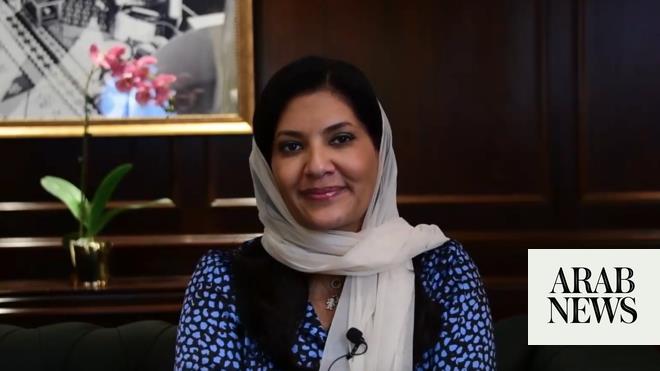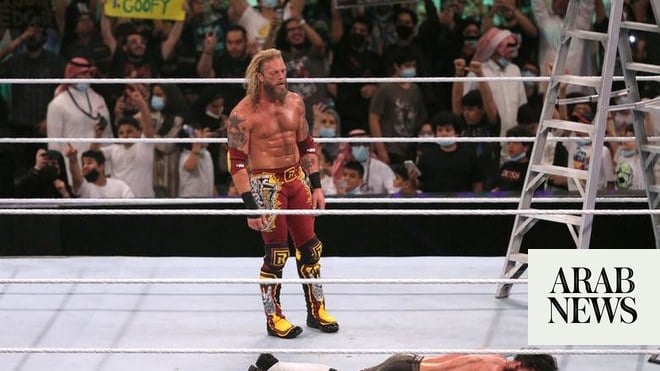
Later this week, Saudi Arabia’s Public Investment Fund (PIF) will hold its annual investors’ conference the Future Investment Initiative (FII), which has also been dubbed “Davos in the desert.”
There was a flurry of announcements leading up to the key event.
Firstly, the government released third-quarter jobless figures, which were well-received, as unemployment for the period fell to 14.92 percent from 15.4 percent in the second quarter.
The number is encouraging, given that it was achieved despite the global economy still being affected by the coronavirus (COVID-19) pandemic. It also charters the right trajectory in light of the Kingdom’s ambitions to shrink unemployment to 7 percent by 2030.
Then, a new central bank governor was announced. Fahad Al-Mubarak is a familiar name having been SAMA governor from 2011 to 2016. A former chairman of Morgan Stanley in the Kingdom and the G20 Sherpa when Saudi Arabia held the presidency last year, he has the right combination of private-sector exposure and monetary policy experience to drive the expanded mandate of the central bank further.
SAMA will have to both provide liquidity to and to regulate the financial system in order to ensure the financial sector can play a commensurate part in rejuvenating the post-COVID-19 economic recovery as well as support the ambitious plans of Saudi Vision 2030.
Most importantly, Crown Prince Mohammed bin Salman announced his intention to more than double the size of the PIF, the country’s sovereign wealth fund. This was significant in more ways than one.
If the PIF reaches its goal of $1.1 trillion worth of assets under management by 2025, it will play in the same league as Norway’s, the Government Pension Fund. It would catapult the PIF to the No. 3 or No. 2 position among the world’s sovereign wealth funds.
The PIF is acting as an anchor investor for several of Saudi Arabia’s cornerstone projects under Vision 2030.
Cornelia Meyer
While the PIF started to invest globally in companies such as Uber and Masayoshi Son’s Vision Fund in the latter part of the 2010s, it will in relative terms recoil its exposure to international markets from 30 percent to 20 percent, freeing up fire power to invest in the Kingdom in projects such as NEOM or Qiddiya, which will be hugely beneficial to the country and create highly skilled employment opportunities for the country’s youth.
Indeed, employment weaves itself through all the announcements. Forty percent of Saudi Arabia’s population is below the age of 25. Vision 2030, the PIF, and a whole host of policies and projects are geared to creating a prosperous future and employment opportunities, which do not solely depend on the oil sector.
Several of the PIF’s investments in many overseas companies also have to be seen in that context. It was the PIF’s intention to encourage some of the investee companies to build production capacity in the Kingdom.
Lucid Motors, the Californian electric vehicle manufacturer, is reported to be in talks with the Saudi government to build a plant near Jeddah, which again will create jobs. In an interview, which the Financial Times published on Monday, PIF Gov. Yasir Al-Rumayyan eloquently laid out this strategy.
It is the purpose of a sovereign wealth fund to ensure future prosperity of a country and its citizens. There are many ways to achieve this. Some wealth funds limit their policies to investing in global securities and alternative investments.
The PIF has successfully done this but does not define its strategy this narrowly. It more than validated its foreign investment strategy when it allocated in excess of $7 billion to international investments at the height of the COVID-19 pandemic as asset prices were depressed. This allowed the fund to capture significant gains when the global stock market rallied, reaching ever new record levels during the latter part of 2020.
The PIF is going further though: It is acting as an anchor investor for several of Saudi Arabia’s cornerstone projects under Vision 2030. That again is consistent with the overall goal of ensuring a prosperous future for the country.
In that sense, the three aforementioned announcements all tie together in delineating the bold ambitions for the Saudi economy.
• Cornelia Meyer is a Ph.D.-level economist with 30 years of experience in investment banking and industry. She is chairperson and CEO of business consultancy Meyer Resources. Twitter: @MeyerResources
Disclaimer: Views expressed by writers in this section are their own and do not necessarily reflect Arab News" point-of-view











